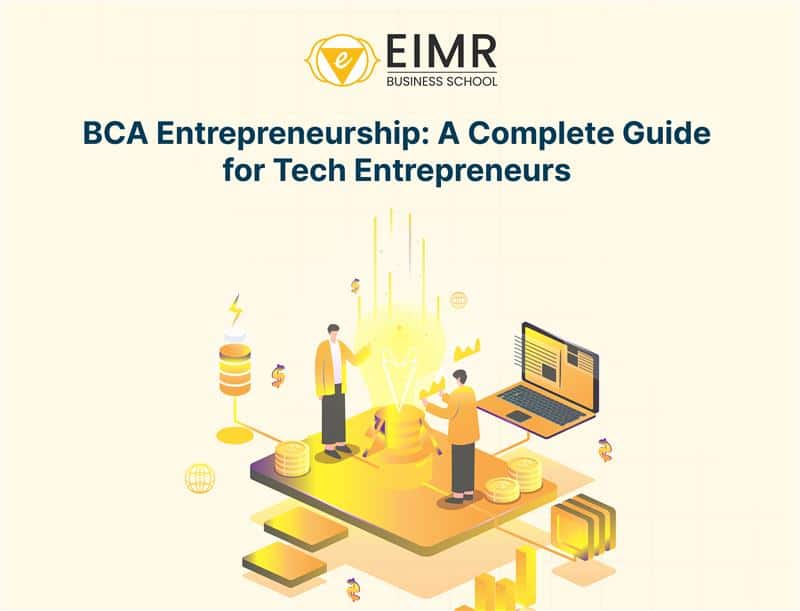The mindset shift from job seekers to job creators, early exposure to successful startup businesses, institutional and government support, and prioritising holistic skills over rote textbook learning have been noticed and understood by parents of children who are interested in commerce, and now parents want to steer their children towards entrepreneurship. This movement reflects a blend of practicality, skill-building, and future-oriented thinking. Let’s delve into why commerce entrepreneurship is becoming such a sought-after field.
From Job Seekers to Job Creators
The Difference is in Early Exposure
Entrepreneurship education has measurable benefits, and students who pursue entrepreneurship-based programs have stronger communication, collaboration, problem-solving, and opportunity recognition compared to their peers who do not.
A study in Europe and the UK highlights the strong impact of entrepreneurship programs. In Europe, Junior Enterprise Initiatives – student-run companies within academic institutions – report that 78% of alumni secure employment immediately after graduation, compared to their peers without entrepreneurial exposure. Moreover, 21% of the graduates launch their own businesses within three years, far above the regional average.
In India, there’s a big shift happening. CBSE already offers entrepreneurship as an elective. Delhi’s Entrepreneurship Mindset Curriculum has reached over 70,000 students, showing measurable gains in confidence and problem-solving, with numerous students actually launching small ventures.
Being India’s startup capital, Bangalore stands out as a living, breathing classroom. Let’s talk numbers: Bangalore’s network of accelerators and investors, and over 14,000 active startups create a powerful base for anyone interested in building businesses. However, the combination of structured learning and ecosystem support in this city gives young learners particularly unmatched exposure to entrepreneurial ecosystems, and it makes Bangalore an obvious hub for nurturing future founders compared to other cities.
Surpassing Textbooks
Traditional forms of education and curricula usually do not build hands-on experiences and instead focus on theoretical education. Entrepreneurship programs immerse students in real-world business processes such as market research, prototype testing, pitching, and even revenue generation.
It is perceived that students skilled in entrepreneurial thinking tend to excel not just in building their own businesses but also in corporate settings, bringing leadership qualities and solution-driven mindsets that employers value highly.
The Inspirations that Influence
Young innovators in India and worldwide inspire everyone, including parents, to consider entrepreneurship programs for their children. Statistics and reports highlight outcomes, but the stories create actual impact. The real stories have shown us that students can turn classroom ideas into startups that tackle real issues, whether in health, sustainability, education, or technology.
Some examples of ventures born out of student projects are a wearable device that eases menstrual pain and sustainable packaging that supplies major brands. Such endeavours signify that entrepreneurial education does more than prepare students for exams. Blending theory and practice helps students to apply what they learn, take calculated risks, and develop resilience.
In Conclusion
The way parents view entrepreneurship programs is that it is a path to shift from job-seekers to job-creators, it is a proven way to nurture future-ready skills, and it is a practical and revenue-generating academic pathway. Entrepreneurship education also supplies a networked environment that fuels real-world learning and confidence. It is also a social equaliser that gives opportunity to all, irrespective of gender, community, etc.
With the amalgamation of institutional backing, experiential learning, mentorship, and success stories, entrepreneurship is emerging not just as an alternative to traditional commerce education but as a strategic foundation for tomorrow’s leaders.







